Every day since Helene, volunteers with Asheville’s Flush Brigade gather at the parking lot of the Gold’s Gym on Fairview Road, disperse buckets, and climb into water tank-laden trucks to check in on different apartment complexes in the city.


Every day since Helene, volunteers with Asheville’s Flush Brigade gather at the parking lot of the Gold’s Gym on Fairview Road, disperse buckets, and climb into water tank-laden trucks to check in on different apartment complexes in the city.

Two weeks after the storm, doctors, health professionals and officials in charge of disaster relief say there could be a second wave of medical concerns affecting hospitals and clinics, and it could be here soon.
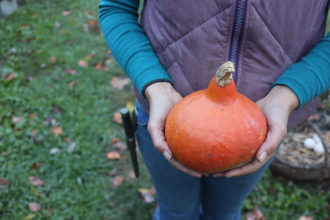
DIY projects for using fall’s bounty of peppers and chiles to spice up your pantry. Also, advice on growing Brussels sprouts in WNC and saving squash seeds.
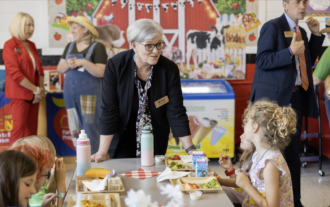
Hungry kids can’t learn. That’s one thing Heather Smith has learned in nearly a decade as a teacher.
“I truly believe that they have a hard time focusing if they’re worried about when their next meal is coming or if they don’t have energy,” says Smith, an eighth-grade math teacher at Waynesville Middle School.
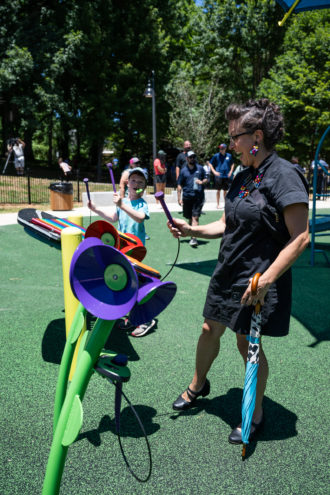
Among a handful of city recreation sites updated with 2016 bond money, Murphy-Oakley Park’s playground relaunched in late June with an adaptive design and equipment that’s accessible to residents of all abilities.

Less than two years ago, Robert Rosal’s relationship with Pokémon resembled that of most 10-year-olds. Then he signed up for the after-school Pokémon Club at Rainbow Community School, where he’s a rising seventh grader, and everything changed.

The move comes just months after the U.S. Centers for Medicare & Medicaid Services found Mission Hospital to be in immediate jeopardy, the most serious sanction a hospital can receive.
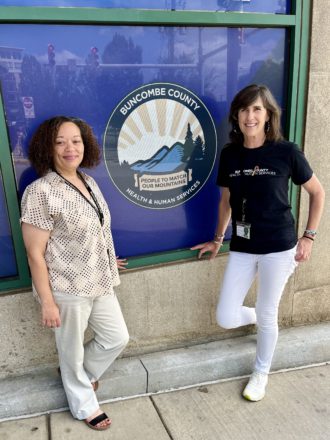
Experts share the procedure for getting post-exposure prophylaxis after an animal bite, indicators that an animal might have rabies and what to know about bats in your house.
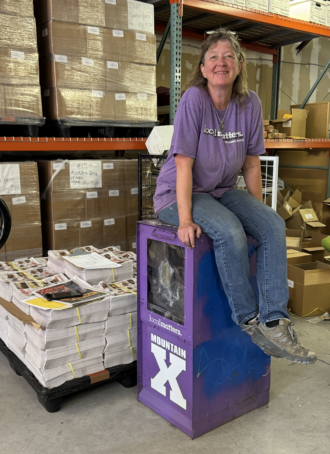
“[Distributing papers] is like putting gumballs in a jar,” Cindy Kunst explains. “Everyone has a different jar. My job is to spread the gumballs out over all the jars.”

This vote has the potential to give the union much more leverage in its negotiations with HCA, the Tennessee-based for-profit hospital chain that acquired the hospital’s parent company, Mission Health, in 2019.

Pasteurized human donor milk can help bridge the gap until a mother’s milk supply comes in and promote longer breastfeeding.
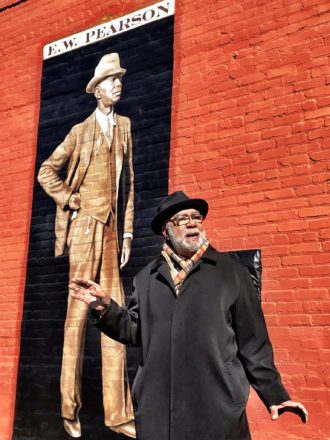
On Saturday, Sept. 7, the Burton Street Community Association will honor the legacy of E.W. Pearson with free food, activities, music and more at the Buncombe County District Agricultural Fair. Also in this week’s food news: A new late-night hot dog eatery, Asheville Charcuterie Co.’s first brick-and-mortar space and more.

Asheville-area artists hear “no” on a regular basis, yet develop the grit and determination to keep going.

Fungi in the garden can be either helpful or harmful. Plus, tips for making the most of this season’s elderberry harvests and advice for planting fall carrot crops.
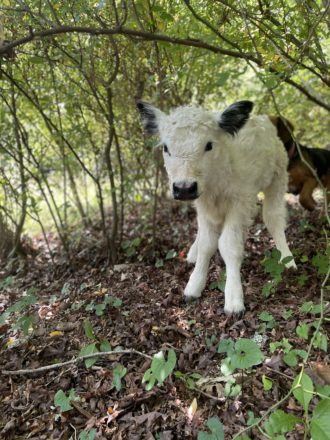
The Appalachian Sustainable Agriculture Project is gearing up for its annual Farm Tour in September. Also in local green news, a new solar lending program from Sugar Hollow Solar, the West Asheville Garden Stroll spotlights the Horney Heights neighborhood, N.C. Arboretum hosts Monarch Butterfly Day and more.
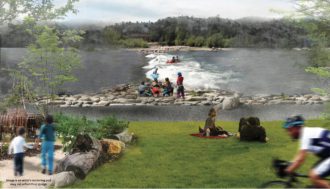
From Woodfin to Canton, Hendersonville to Brevard, local communities are embracing outdoor recreation as a way to drive economic growth and provide recreational opportunities for residents.
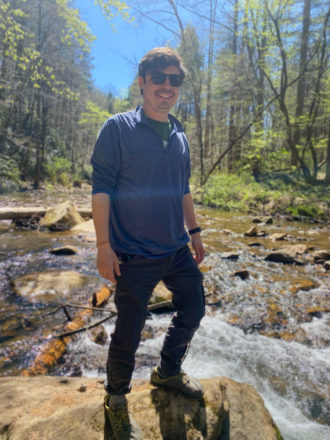
Since January of this year, Buncombe County has received 104 reports of Lyme, says Buncombe County spokesperson Stacey Wood. Of those, 19 have been confirmed cases, five met the definition for suspect or probable cases and 23 are currently under investigation.

From raw foods to baked treats, some local entrepreneurs’ offerings are seriously going to the dogs.
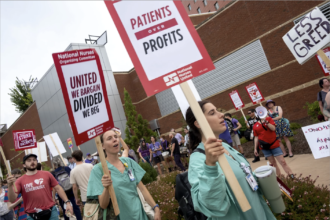
The rally was part of a push from the union to pressure HCA, a for-profit that purchased Mission in 2019, for better working conditions. The event was the latest in a long line of actions by local and state officials against the company.
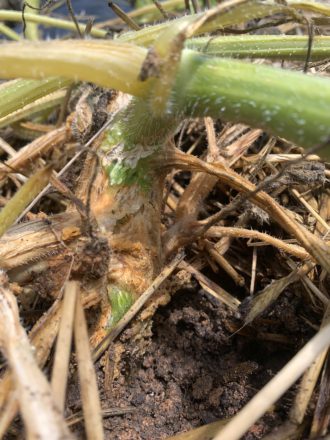
A few strategies for combating squash vine borers, coping with zucchini overload and combining cover crops with no-till gardening.

The 32-page report from Boston-based Affiliated Monitors Inc. detailed three areas where in 2023 HCA potentially did not honor commitments it made five years ago as part of the Asset Purchase Agreement.